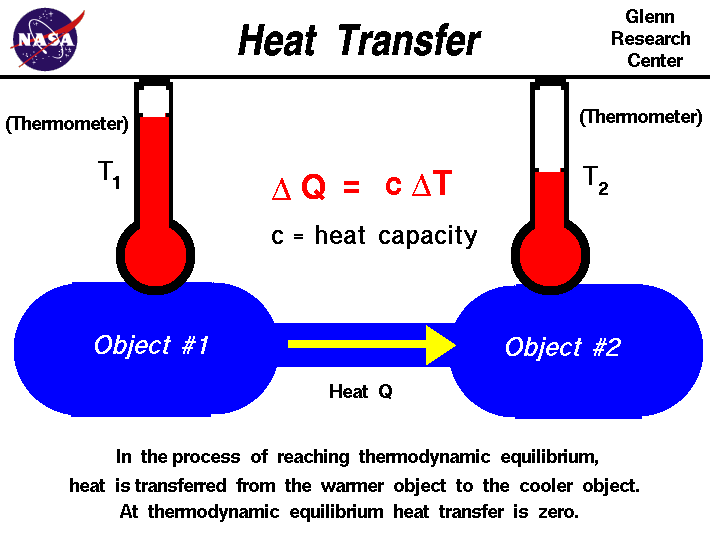

We can calculate the entropy change of the surrounding that is caused by a chemical reaction from the enthalpy change of the reaction and the temperature. This means that S surroundings will be a negative number. When heat is absorbed from the surroundings by an endothermic chemical reaction, the entropy of the surroundings decreases. This means that S surroundings will be a positive number. When heat is released by an exothermic chemical reaction to the environment, the entropy of the surroundings increases. Increasing temperature increases the overall kinetic energy, the random motion of molecules, and so increases entropy. Temperature is proportional to the kinetic energy of molecules and atoms.

If you stop taking in this energy, you will ultimately reach a more disordered, decomposed state. To do this, you require a great deal of energy from your surroundings in the form of food. For example, you as a living thing are constantly making highly ordered chemical structures within your body. This is a combination of the entropy of the system we investigate and the entropy of the surroundings.Ī system can increase order (decrease entropy) but it requires an input of energy from the surroundings, making the surrounding more disordered. It is the entropy of the universe that must increase.

CHEMICAL THERMODYNAMICS CALCULATOR PLUS
In any chemical reaction, the energy contained in the reactants is equal to the energy contained in the products plus energy released to the environment or absorbed from the environment (as heat or pressure-volume work). We use this law of thermodynamics all the time.

The third time you go through it, you know you don't understand it, but by that time you are so used to it, it doesn't bother you anymore."Įnergy and the First Law of Thermodynamics Energy is conserved. The second time you go through it, you think you understand it, except for one or two small points. The first time you go through it, you don't understand it at all. Why cover it again? According to the theoretical physicist Arnold Sommerfied: We've discussed aspects of thermodynamics previously. Chemical Thermodynamics Chemical Thermodynamics


 0 kommentar(er)
0 kommentar(er)
